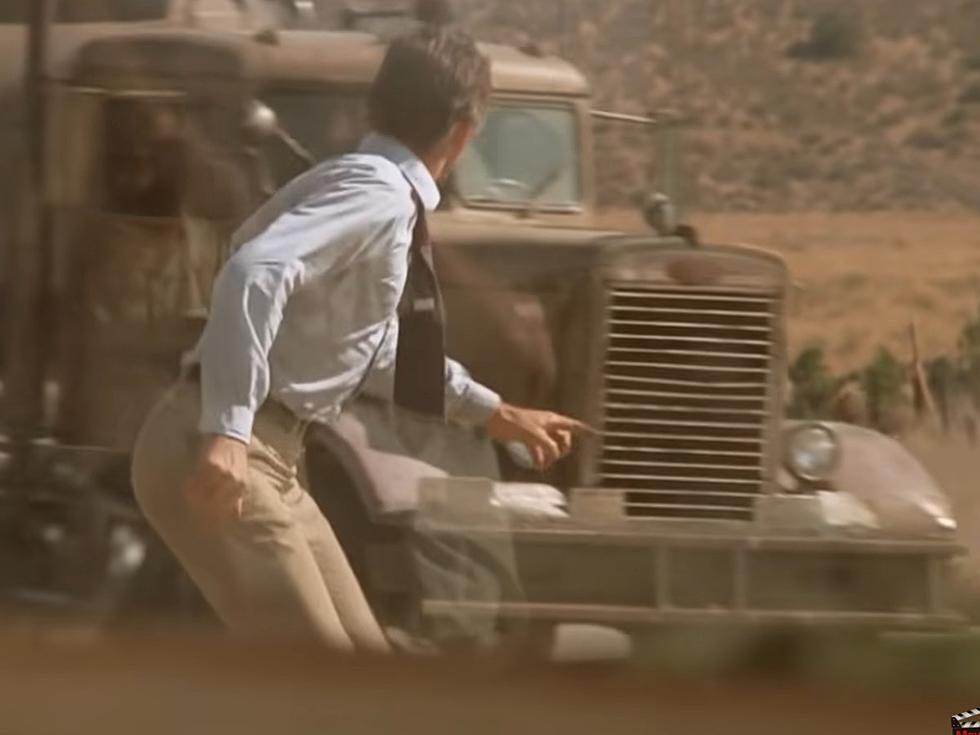
Worst Idea Ever? Texas Looking at Putting These Vehicles on the Road
Who remembers Steven Spielberg's first-ever movie? It was the 1971 made-for-television flick titled, Duel.
In the movie, a motorist (Dennis Weaver) is terrorized by a driverless 18-wheeler, time and again forced to narrowly escape the mysterious, runaway vehicle.
Well, welcome to Texas...sort of.
The Future is Driverless Vehicles and It May Be Here
This idea may seem outrageous to some, but it is actually being tested in the Lone Star State, which is rapidly becoming a hotbed of the self-driving vehicle industry.
But fortunately, before driverless, 40-ton trucks are allowed to travel Texas' roads and highways, multiple industry run - and overseen by the state - tests must take place. Those tests include the perfection of the computer-run radar systems, laser scanners, cameras and GPS antennas, all operating in unison to keep the massive vehicles operating safely.
Autonomous Vehicle Companies Flocking to Texas
But to hear manufacturers talk, the sight of a driverless 18-wheelers barreling down Texas highways at 80mph isn't far away. Waymo, a self driving car company owned by Google, is opening soon in the Dallas area. And Waymo bosses say that their plant could turn out hundreds of autonomous semi-trailers.
And Waymo isn't alone. Embark, another self-driving technology startup, is already running an self-driving trucking lane from Houston and San Antonio. And another, Aurora, plans to open three terminals and a new 635-mile route for the sel-driving 18-wheelers before the end of 2022.
And Why Texas? All the Usual Reasons
All three companies cite four major reasons why they picked Texas for their factories. The state has the largest number of truck drivers and engineers in the US. The truck's highly sophisticated sensors operate more efficiently in Texas warm climate.
In addition, both Houston and Dallas are major transportation hubs and the state's modern highway system is ideal for long-haul transport. And finally, but perhaps most important, Texas government, both at the state and local levels, is friendly to companies relocating in the state.
But In the End, It's About Cost
And why the big push toward these driverless semis? With trucking still the backbone of American commercial supply chain, companies see self-driving as a way to cut costs and, in fact, reduce risk, emphasizing the fact that unlike with human operators, the driverless vehicles don't deal with driver fatigue that get tired and government mandated breaks.
Oh! And just in case you'd like to take a look at the trailer for that very first Spielberg movie...here ya go!

What States Do Truckers Say Have the Worst Drivers?
What States Do Truckers Say Have the Worst Drivers?
More From Highway 98.9









